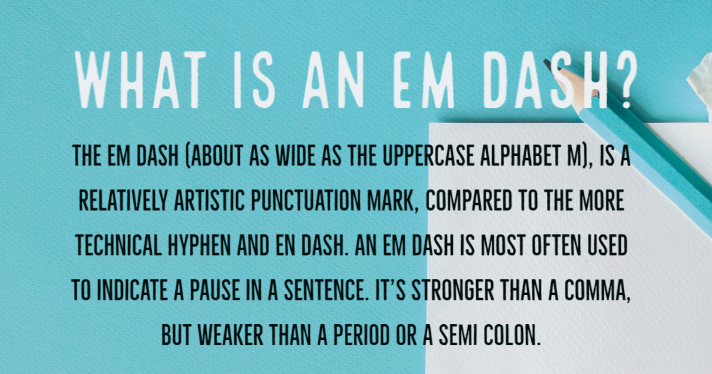Language is a sound. It's equivalent to a piano sonata played skillfully, drawing attention and stirring emotions. A key played wrongly destroys the magic that enthralls people. Be it in writing or speaking, sophistication and eloquence, or a lack thereof, may make or break one's reputation. And don't you know that science confirmed that well-spoken people appear more attractive than those who aren't? Clearly, a sophisticated vocabulary is the new sexy. So here are the words you could use that would make your writing and speaking more persuasive!
1. "A lot of Myriads of insects danced around the light above my head."
As the prolific writer Mae Lander of Reader's Digest once said, " 'a lot' is a descriptor that skews ultra casual." Which means that we use this word inappropriately, especially when a situation calls for a more professional tone, say for example, a job interview or a cover letter. Most of us would have written or said something like "I have done a lot of projects..." or "I have a lot of experience in...". This paints us an image of a laid-back, informal person. Laura Hale Brockway of Entrepreneur suggested 32 other synonyms of a lot, with "copious amount", "myriad", "numerous", and "excessive amount" as my personal favorites.
2. "The team played very exceedingly well."
It's a habit that's difficult to break, but I mean well when I say that this word makes an educated person sound lazy. We pepper our emails, letters and speeches with this hackneyed expression that it loses it's meaning already. It's now a near equivalent of a language filler. Here's the secret: do not to use this adverb or any adverb unless the word calls for emphasis. If emphasis is necessary, then use other words like "remarkably", "profoundly", "exceedingly", "immensely", or "exceptionally". If not, then you're just being lazy... and imprecise.
3. "I have some things errands to do run tonight."
Another overused word. Ever wonder why people don't believe us or get hurt by us when we say our excuses? It's because we like to use 'thing' over the actual word that describes our situation. "Sorry, I can't go. I have to do a lot of things today." This actually translates to: "I don't wanna be with you, so don't disturb me." Do people a favor by substituting 'thing' with exact vocabulary. This is true in writing as well. Instead of saying, "I have one thing to ask", say "I have a question about...". Or instead of saying "You have to know one thing...", say "You have to know this problem about...". Remember, we only use "thing" when we can't remember a word precisely.
4. "Her GPA is really undoubtedly impressive and convincing."
"Really" is as hackneyed and as lazy as "very". Again, try to not use and overuse adverbs as they are rarely necessary, and actually makes your point weaker than they're supposed to add. There are other vocabulary words that you can use if you feel like stressing your point: "undoubtedly", "unquestionably", or "truly". Here's 35 more words to use in place of 'really.'
5. "I just only want to let you know that I genuinely support your advocacy."
Here's the best advice from Forbes' Avery Bank: the word "just" is a "protector" word the softens your message and makes it come across as less important. Most of the time, sentences will read better if "just" is simply nixed. However, if it is necessary, try out synonyms like "only" as in, "I only want to follow up on..." That offers a more precise message that's direct. Words like "merely", "simply", or "solely" can also be used in place of "just".
The takeaway...
An extensive vocabulary brings people places, both literally and metaphorically. It's one big predictor of career success and social influence, not to mention the fact that it benefits us cognitively. By knowing the most hackneyed words that we use, we reflect on it, learn about it, and ultimately, make ourselves effective speakers and writers!






































